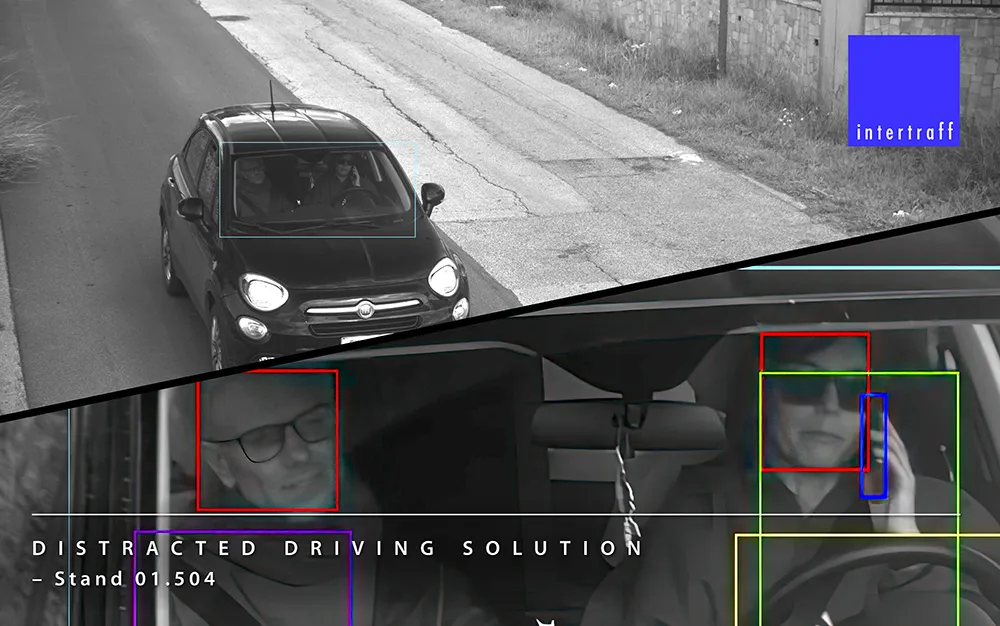Cellcontrol, a leading developer of distracted driving solutions, has launched what it claims is a first-of-its-kind programme with specialist member-owned insurer Pure (Privilege Underwriters Reciprocal Exchange) to help prevent distracted driving incidents caused by teenage drivers. As part of the pilot, Pure has offered complimentary devices and a full year’s subscription to Cellcontrol’s technology to drivers under the age of 18, and will be providing the technology at a discounted rates to the entire P
June 13, 2012
Read time: 2 mins
“Involving insurance providers in the fight against distracted driving is crucial to long term safety of American drivers and we applaud Pure for being a pioneer by offering free technology and premium credits to their members that employ distracted driving solutions,” said Chuck Cox, senior vice president at Cellcontrol. “It’s an unfortunate reality that sometimes safety alone is not enough to motivate drivers to utilise a technology solution to prevent distracted driving. Programmes like the one we have developed with Pure provide extra incentive for drivers to use a distracted driving solution, which will result in safer roads across the country.”
The Cellcontrol device plugs into on board diagnostics (OBD) port in a vehicle to disable mobile devices while the user is driving including cell phones, laptops, and tablets. The device works in conjunction with an application loaded onto the mobile device. The company says that, unlike other solutions that utilize the GPS function on a smart phone, Cellcontrol does not produce false positives like disabling a phone while user is travelling on a subway because it only engages when the user’s own vehicle is in motion. The system also offers the only available solution for feature phones, or non-smart phones, which allows for a wider user base.









